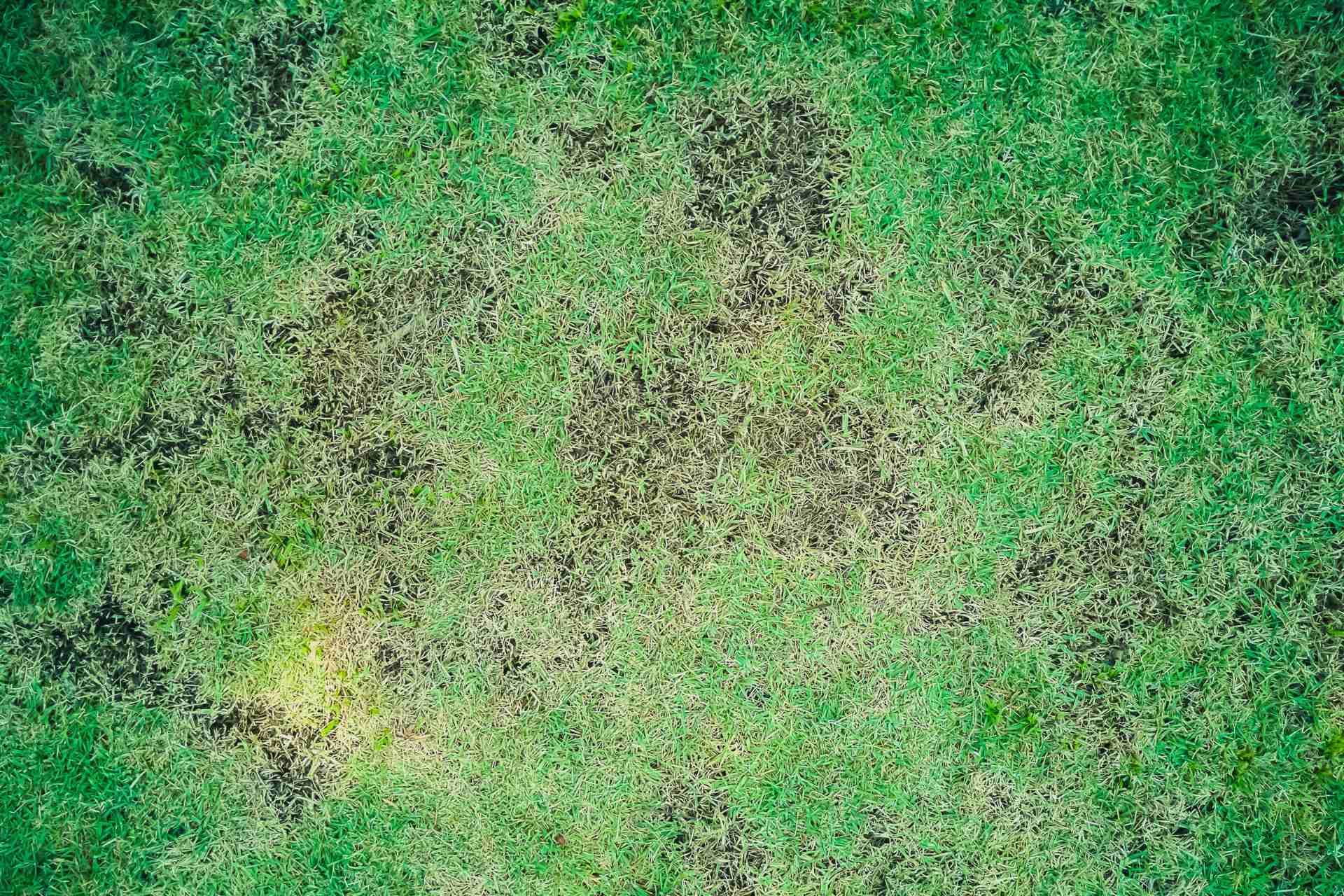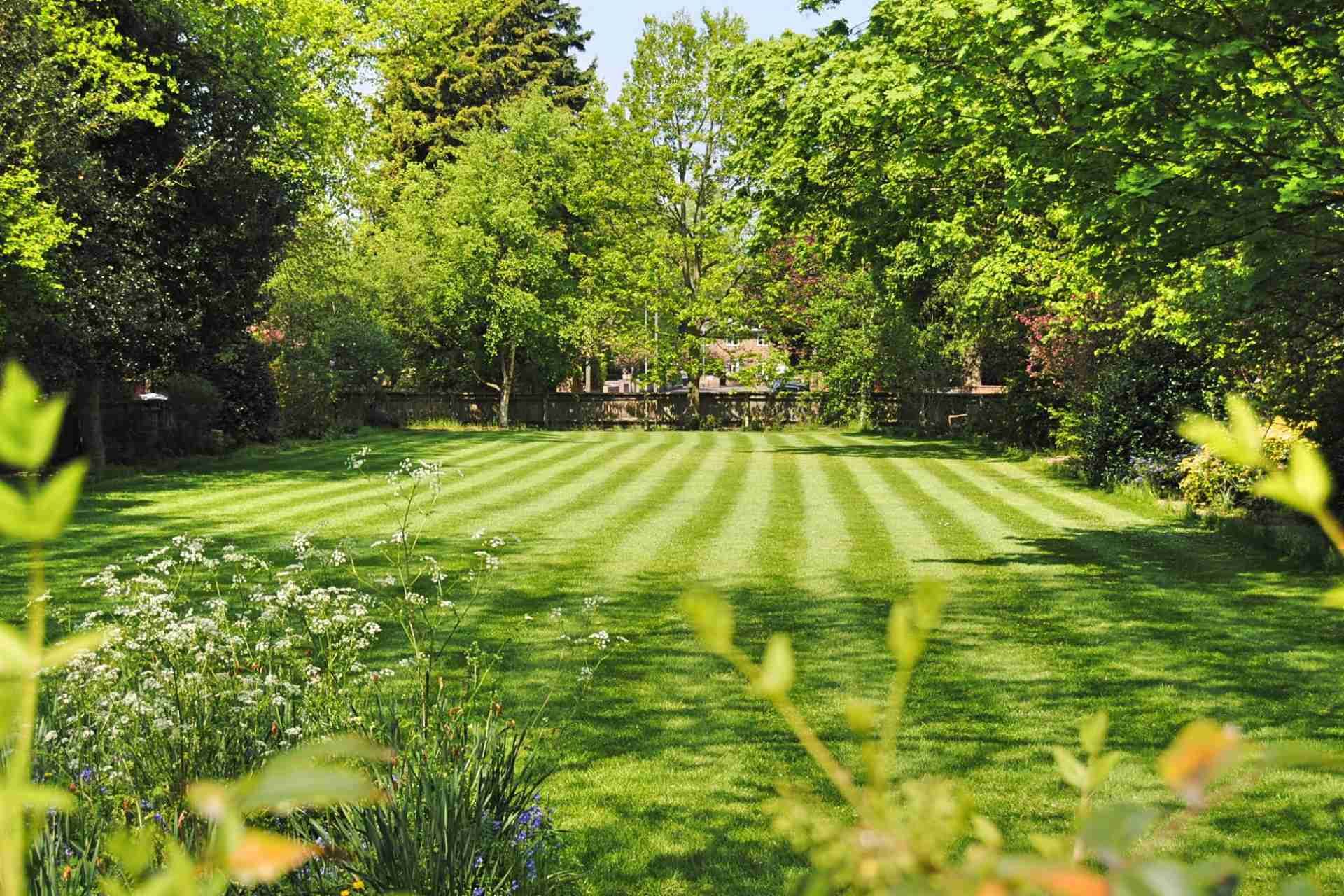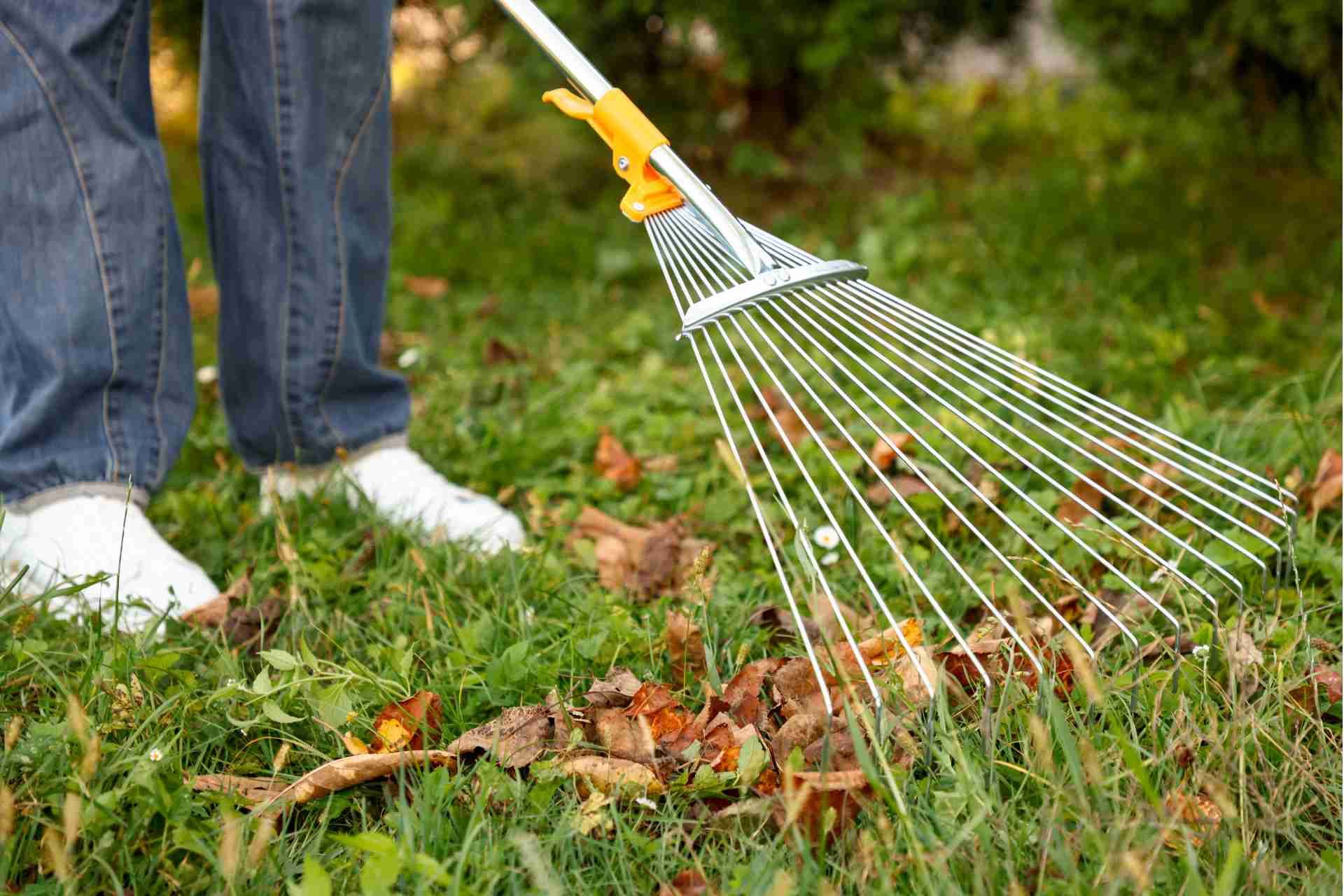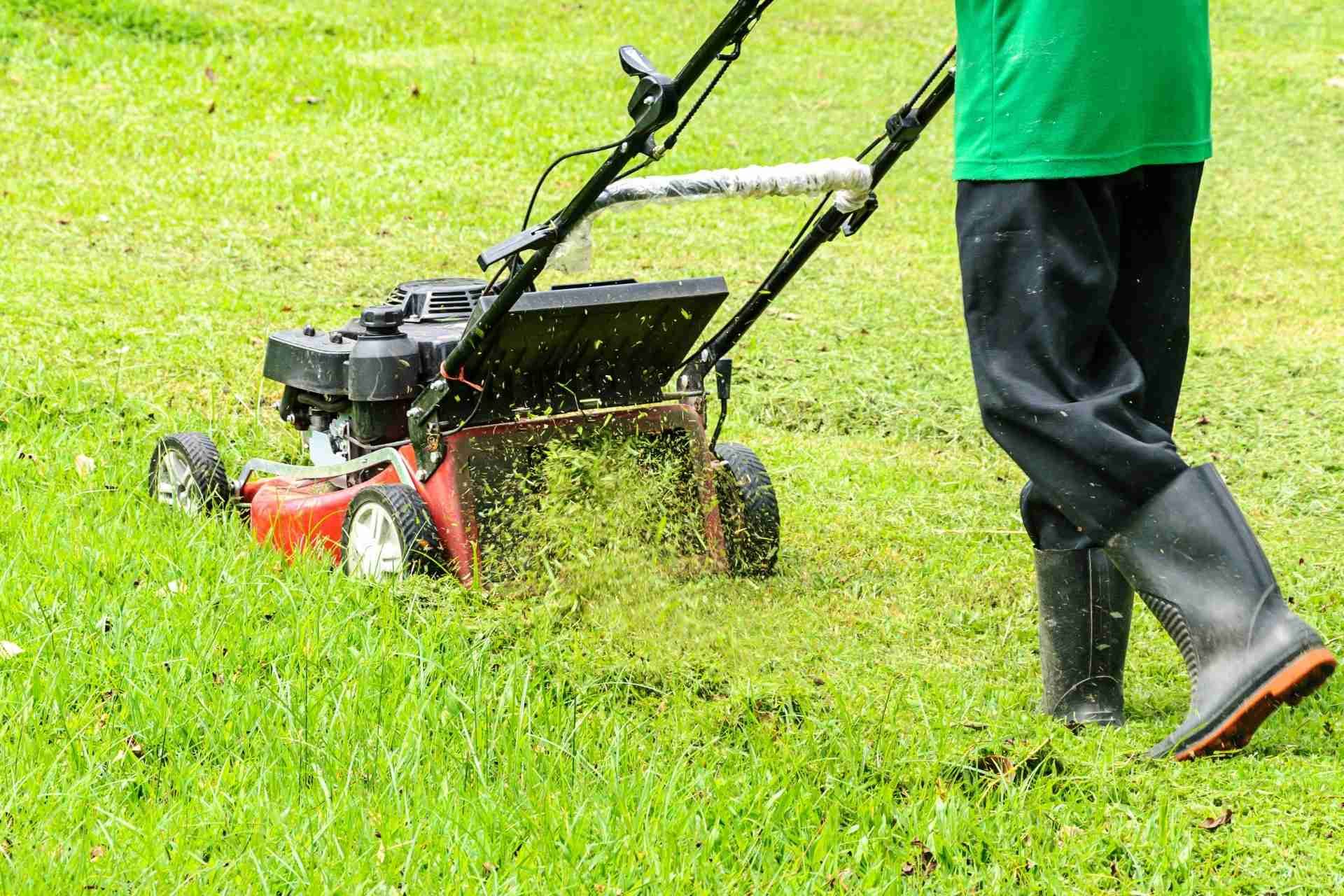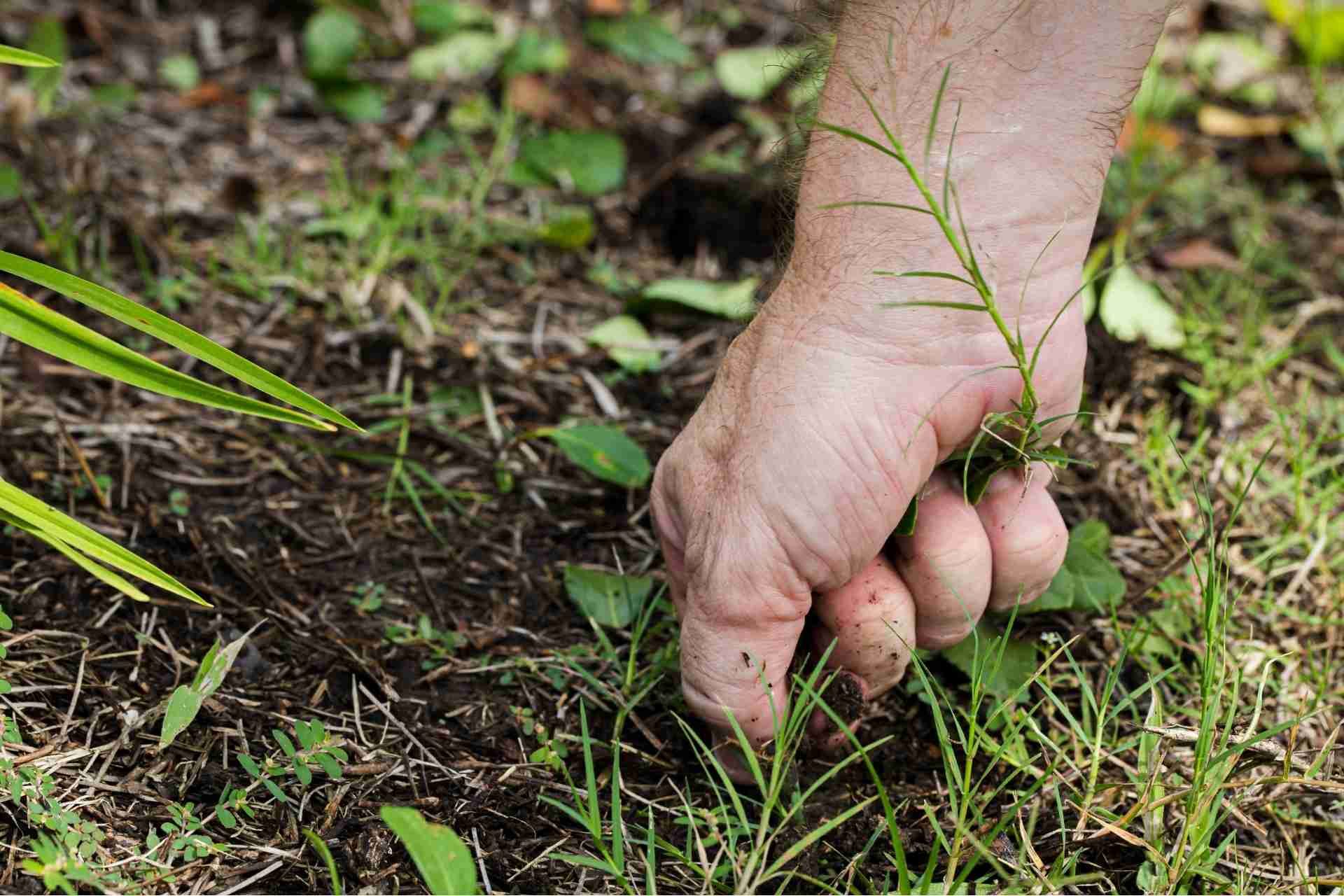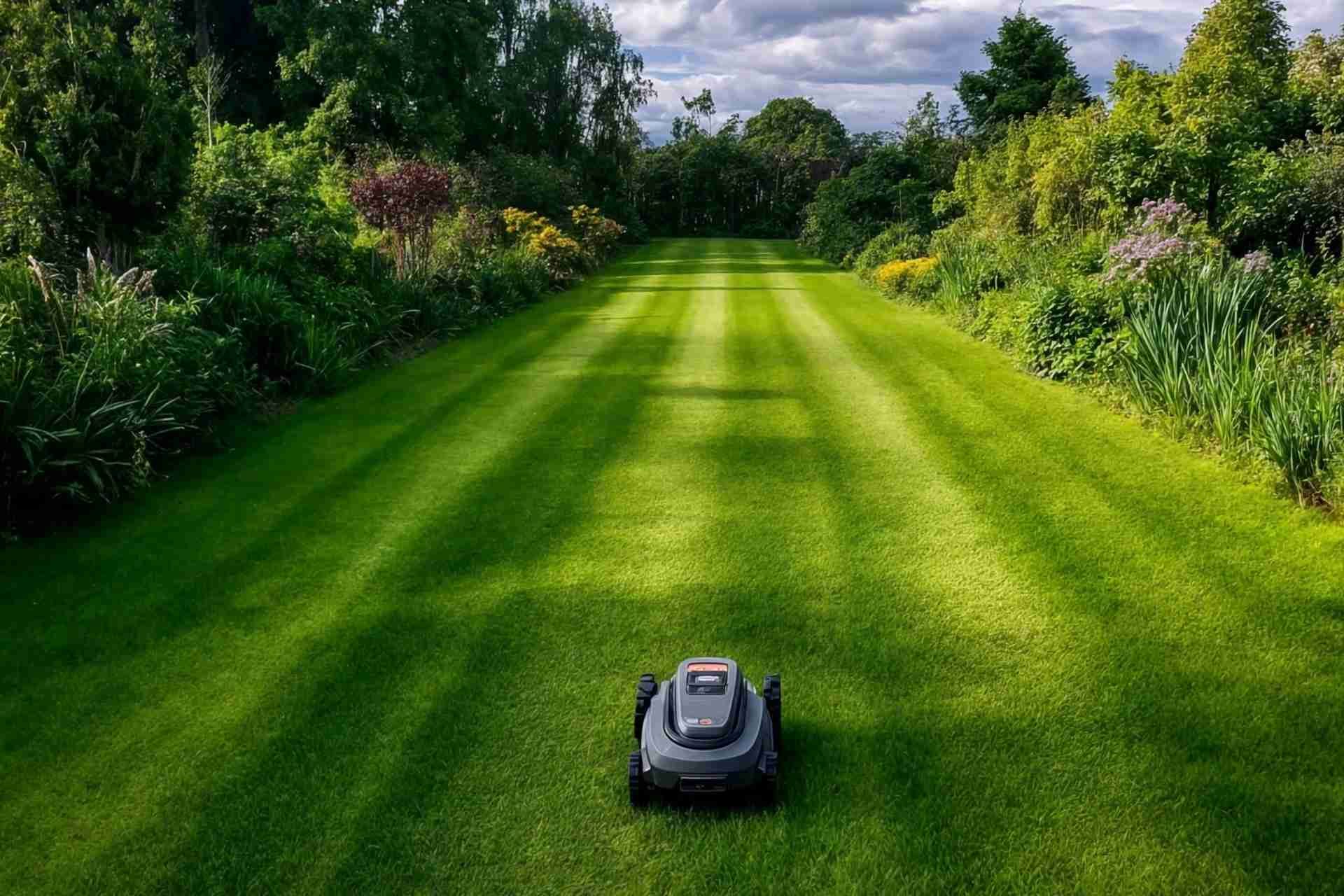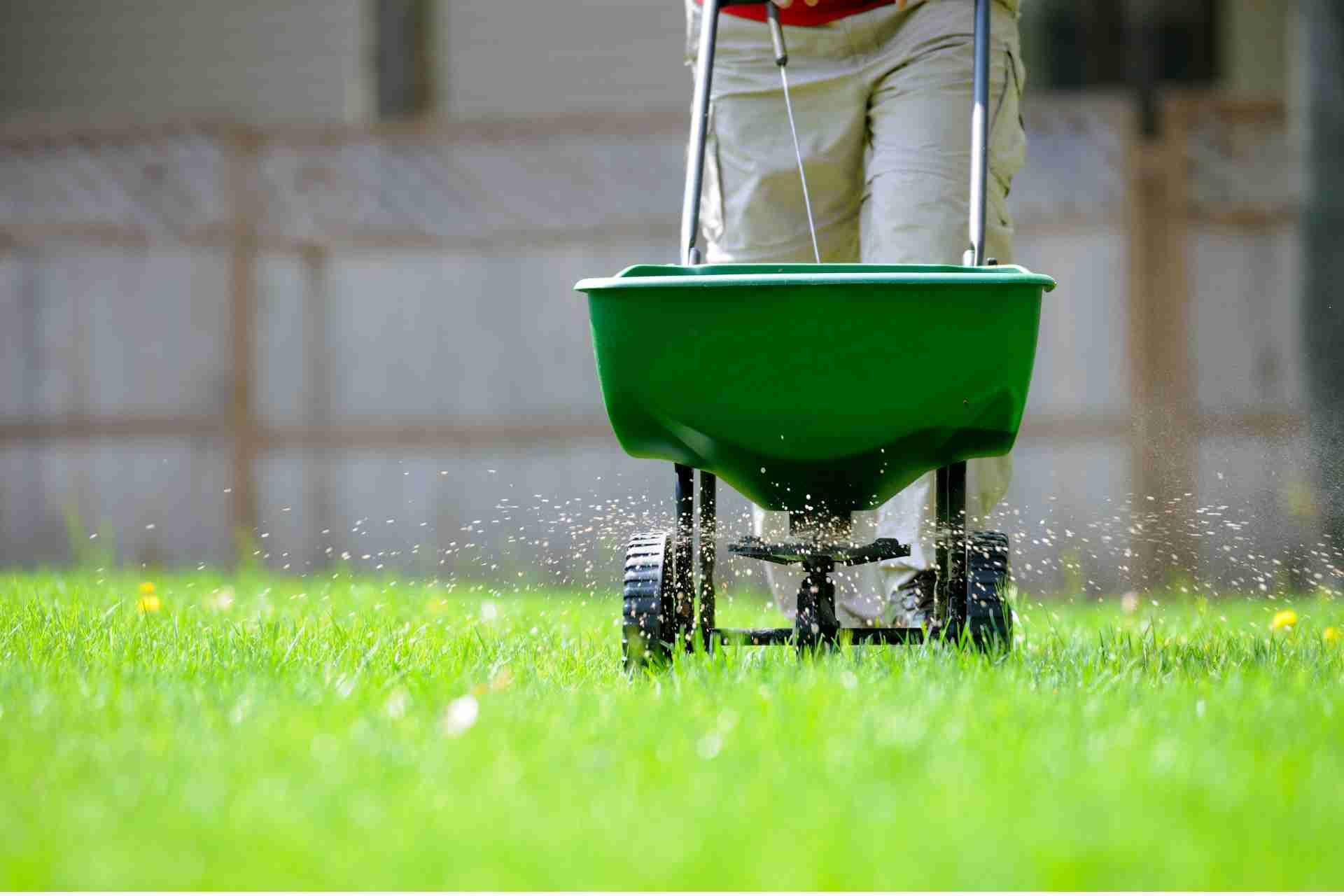Best Natural Weed Killers That Actually Work
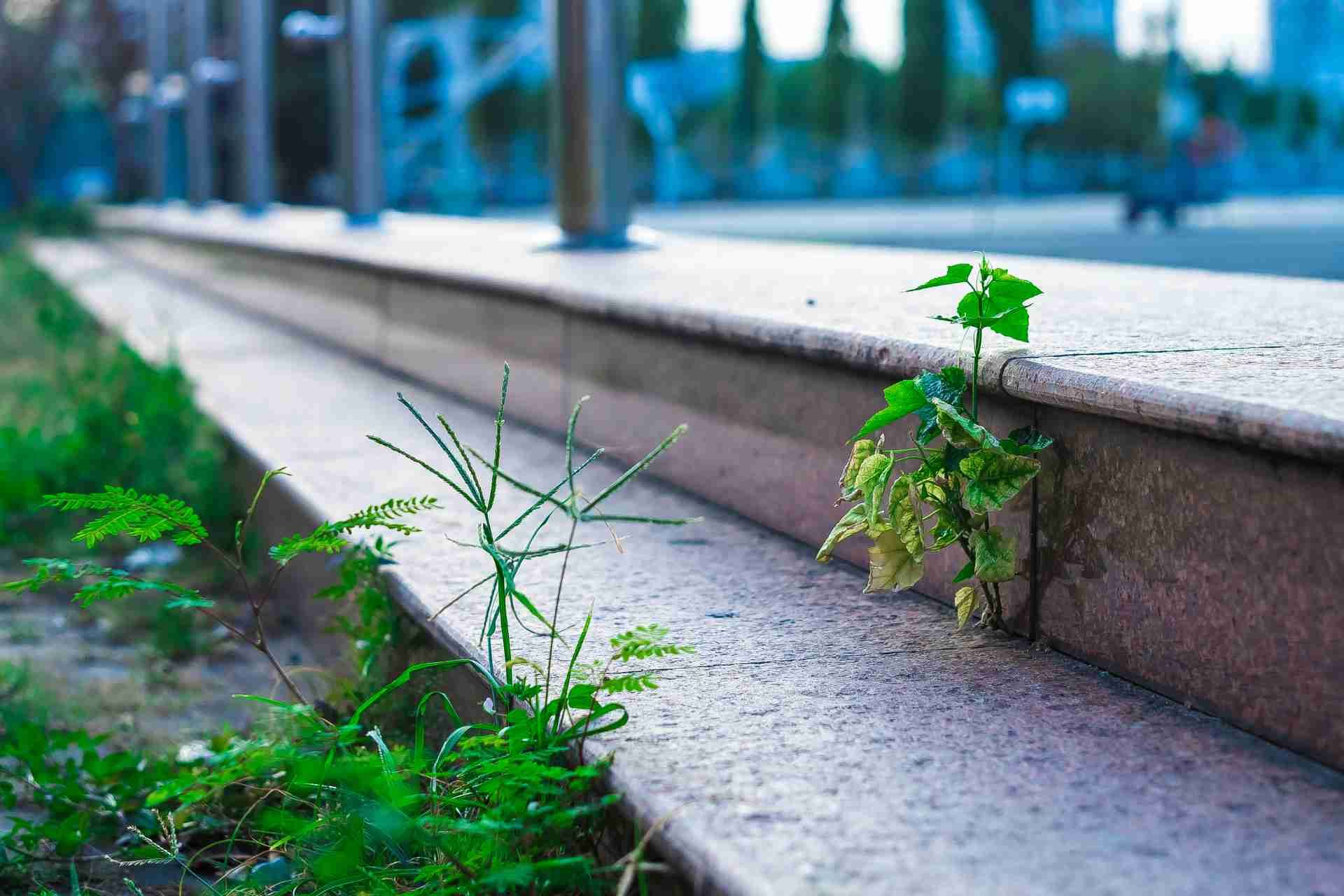
When it comes to tackling weeds naturally, you've got several effective options at your disposal. From vinegar's acetic acid to the simplicity of boiling water, these methods can help you maintain a healthier garden. But not all solutions are created equal, and knowing how to use them effectively is crucial. Intrigued by how you can achieve a weed-free space without harsh chemicals? Let's explore the most effective natural killers available.
Vinegar: The Power of Acetic Acid
Vinegar, with its high acetic acid content, serves as a powerful natural weed killer. When you apply it directly to unwanted plants, the acetic acid penetrates their leaves, drawing moisture out and ultimately killing them.
For the best results, use a vinegar solution with at least 10% acetic acid concentration, which is stronger than standard kitchen vinegar. On a sunny day, spray the solution onto the leaves of the weeds, ensuring you cover them thoroughly.
Be careful not to target your desirable plants, as vinegar can damage them too. You'll notice the weeds wilting and browning within a day or two.
Boiling Water: A Simple Yet Effective Solution
When you want a straightforward and effective way to tackle weeds, boiling water might be your best bet. This method isn't only easy but also requires no chemicals.
Simply bring a pot of water to a rolling boil and carefully pour it directly onto the weeds you want to eliminate. The extreme heat damages the plant cells, causing them to wilt and die.
It's particularly effective on small, annual weeds but can struggle with deep-rooted perennials. Be cautious to avoid splashing on your desired plants, as boiling water can harm them too.
This technique is perfect for driveways, patios, or garden beds. Plus, it's a quick solution that leaves your garden chemical-free and safe for pets and kids.
Salt: Nature's Herbicide
If you're looking for another natural way to fight weeds, salt is a powerful option to consider. This common kitchen staple can effectively kill unwanted plants by dehydrating them.
To use salt as a herbicide, mix one part salt with three parts water and spray it directly onto the leaves of the weeds. Be cautious, though; salt can also affect nearby plants and soil health, so apply it selectively.
You can also create a salt barrier around your garden to prevent weed growth. Just remember, moderation is key—too much salt can damage your soil and surrounding flora.
Corn Gluten Meal: A Pre-Emergent Strategy
Corn gluten meal is a powerful tool in your natural weed-fighting arsenal. This pre-emergent herbicide works by preventing weed seeds from germinating, effectively stopping them before they can take root.
When you apply corn gluten meal to your garden or lawn, it releases a natural compound that inhibits seed growth, including those pesky annual weeds.
Timing is crucial, so make sure to spread it early in the spring or fall, just before weeds start to sprout. For best results, use it alongside regular lawn care practices.
Soap: Enhancing the Effectiveness of Natural Killers
While many natural weed killers are effective on their own, adding soap can significantly enhance their power.
Soap acts as a surfactant, breaking down the surface tension of water and helping the solution adhere better to the leaves of weeds. When you mix soap with your preferred natural weed killer—like vinegar or salt—it allows the solution to penetrate more effectively, increasing its potency.
Just a few drops of liquid dish soap can make a big difference. When applying, ensure you cover the leaves thoroughly for the best results.
Essential Oils: Harnessing Nature's Potency
Essential oils offer a powerful and natural way to combat weeds, making them a valuable addition to your gardening toolkit. Oils like clove, peppermint, and tea tree contain potent properties that can effectively kill unwanted plants.
To use, simply mix a few drops of your chosen oil with water in a spray bottle. Shake well and spray directly on the leaves of the weeds, taking care to avoid your desirable plants. You'll notice results in a few days as the oils penetrate the plant tissue.
Mulching: Prevention Is Key
After exploring the benefits of essential oils for weed control, it's important to consider another effective strategy: mulching.
By applying a layer of organic material like wood chips, straw, or leaves, you can create a barrier that prevents sunlight from reaching weed seeds. This not only inhibits their growth but also retains soil moisture and improves its quality.
When you mulch, aim for a thickness of about three inches to maximize its effectiveness. Remember to refresh your mulch periodically to maintain its benefits.
Not only does this method reduce the need for chemical weed killers, but it also enhances the overall health of your garden.
Conclusion
In conclusion, natural weed killers can be both effective and eco-friendly. By using vinegar, boiling water, salt, corn gluten meal, and even essential oils, you can tackle pesky weeds without harsh chemicals. Don't forget to enhance your mixtures with soap for better results and consider mulching as a preventive measure. With these strategies, you'll keep your garden thriving while maintaining a healthy environment. Embrace these methods, and enjoy a weed-free space naturally!

